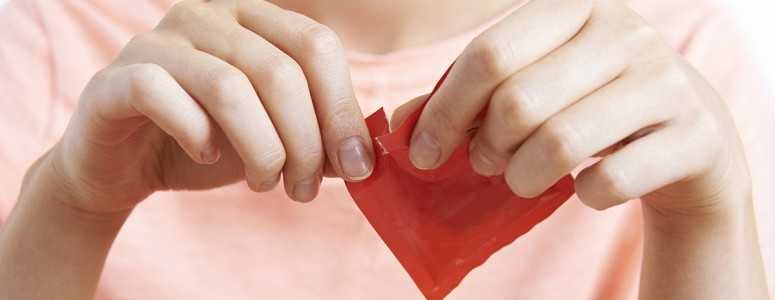Artificial sweeteners found in soft drinks could be harmful to gut bacteria, according to new research.
Six sweeteners that negatively affect gut health have been identified by researchers from Israel and Singapore. These include aspartamen, which is used in Diet Coke, plus sucralose, saccharine, neotamen, advantame and acesulfame potassium-k.
Diet soft drinks are of course preferable compared to full sugar drinks, particularly for people with diabetes because they keep blood glucose levels lower. But these findings highlight that artificial sweeteners may not be the healthiest alternative.
On our Low Carb Program we recommend adding slices of lemo, lime or other fruits such as berries to lightly flavour water, rather than drinking soft drinks.
The new research, led by Ben-Gurion University of the Negev and Nanyang Technological University in Singapore, discovered toxins are released when gut bacteria was exposed to the sweeteners. As little as one mg/ml of the sweeteners turned the bacteria toxic.
Artificial sweeteners have previously been associated with possible increased risks of type 2 diabetes and cancer, and according to the researchers the results stress the need to further investigate their link to gut bacteria.
Maintaining gut health is important for digestion, immune function and nutrient absorption among other benefits.
The findings are also important because in the wake of the government’s sugar tax launch earlier this year, some sugary drinks will become more expensive, potentially encouraging people to opt for more diet soft drinks.
Lead author Professor Ariel Kushmaro said: “This is further evidence consumption of artificial sweeteners adversely affects gut microbial activity which can cause a wide range of health issues.
“The results of this study might help in understanding the relative toxicity of artificial sweeteners and the potential of negative effects on the gut microbial community.”
Responding to the study, a spokesperson from the Calorie Control Council said: “[The study] does not provide sufficient evidence to support the claim that low-calorie sweeteners are toxic to the gut microbiome. This study was conducted in vitro and utilized E. Coli bacterium, which serves only as a sensing model. These conditions are not directly comparable to the human microbiomen, and therefore conclusions drawn from this study cannot be extrapolated to the digestive gut microbes of humans.
“More specifically, it is unknown whether the changes to the bacterium noted in the study, or any changes in microbiome bacteria, are indicative of negative health outcomes in humans.”
The findings have been published online in the journal Molecules.
What's new on the forum? ⭐️
Get our free newsletters
Stay up to date with the latest news, research and breakthroughs.





